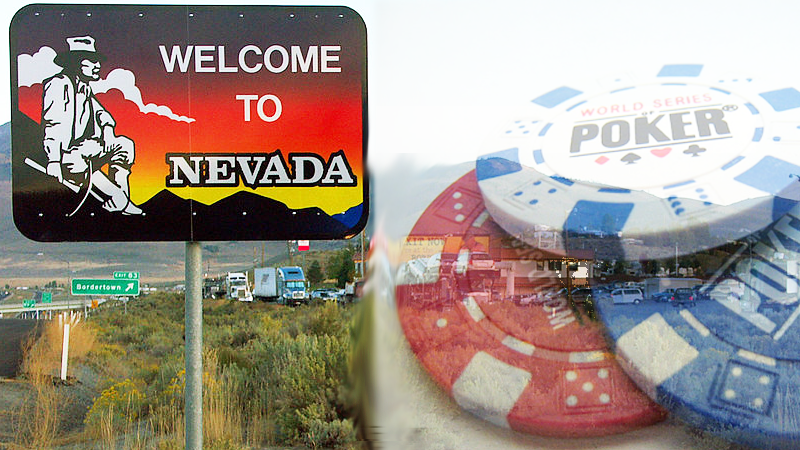Caesars Opposes Nevada Proposal for Official Poker Cheaters List

A new bill may require poker sites to publish a list of players banned from playing online. However, the only licensed poker room operator in the state, Caesars Entertainment, opposes the plans.
Representatives of the gambling giant that owns World Series of Poker and WSOP.com told lawmakers at a committee meeting held last week that the bill would put unsustainable pressure on the company, as reported by the Nevada Independent.
Assembly Bill 380 was first tabled on March 22, and a public hearing was held last Wednesday. Drafted by professional poker player Sara Cholhagian Ralston in conjunction with Assembly Speaker Steve Yeager (D-9), the bill aims to make WSOP openly publish and name a list of players it has banned for suspected cheating.
Burdensome Litigation
However, Caesars’ lobbyists, who spoke at the meeting, said that the operator is taking appropriate action to eliminate cheaters on the site.
“We cooperate with them [The Gaming Control Board] and provide whatever we are required through reports,” said Caesars’ spokesperson Mike Alonso.
“Caesars is doing everything it can reasonably do to keep bad actors off the site, based on its terms of service.”
The planned changes could also open the company up to spurious but potentially costly lawsuits, he argued.
The legislation “will only lead to expensive and burdensome litigation for damaging someone’s reputation, or from players who think that they lost money to an alleged cheater and want compensation,” Alonso finished.
Detractors of the bill also highlighted that WSOP is part of the Multi-State Internet Gaming Agreement, created in 2014. This Agreement allows legal online poker operators across four states – Nevada, New Jersey, Delaware, and Michigan – to share their player pool.
This could make any cheaters list a potential minefield of privacy and data laws in four separate states, which would require a lot of bureaucratic consultation to settle.
Related Reading: Our guide to US gambling laws, state by state.
Transparency and Protection
During the hearing, proponents of the bill also commented. Ralston told Committee Members that, for a significant number of taxpaying gamblers, online poker is their full-time income and livelihood.
“I’d like to remind this committee that this (playing) is for real money. Poker players have a livelihood that they need to maintain,” she said.
She also argued that more transparency and protection from this list would only benefit professional poker players and the business sector in general.
Lastly, Ralston pointed out that Caesars already contributes to such a list for blacklisted casino gamblers. The Gaming Control Board’s so-called Black Book is an updated list of banned and suspected cheaters at Las Vegas casinos, which you can find published online here.
Evidence and Advanced Algorithms
Assemblyman Ken Gray (R-39), however, was not convinced that players should be publicly named and shamed without “concrete evidence”.
Another prominent Nevada resident opposed to the bill was Virginia Valentine, president of the Nevada Resort Association. She said any potential bill could violate data protection laws around customer databases, which would be further complicated by the previously mentioned Multi-State Internet Gaming Agreement.
Danielle Barille, VP of Caesars Digital, the arm of the company that runs WSOP, also spoke to the committee. She promised that the operator already uses “advanced algorithms” to monitor for cheaters, as well as constantly “trimming accounts based on reasonable suspicion of violations of our terms of service.”











